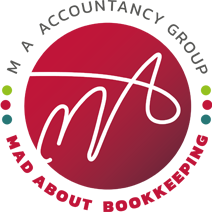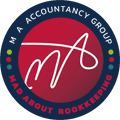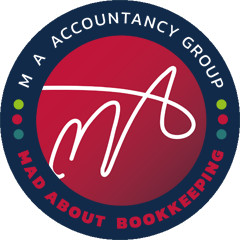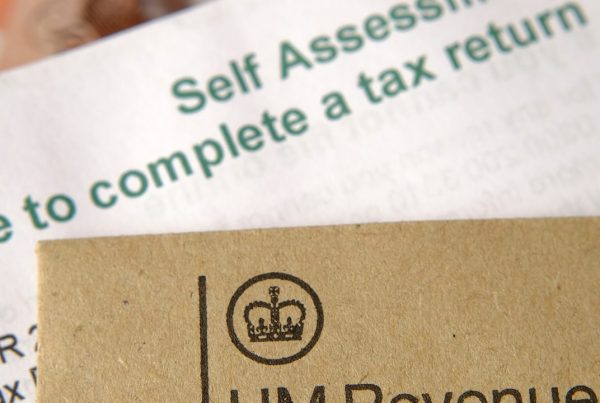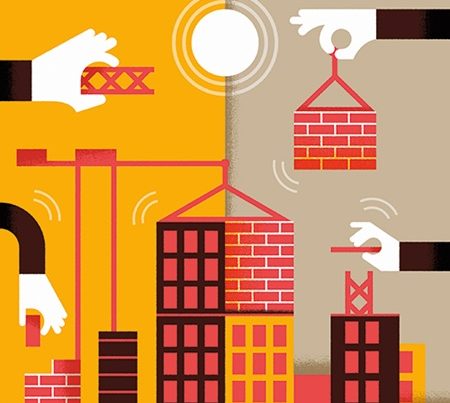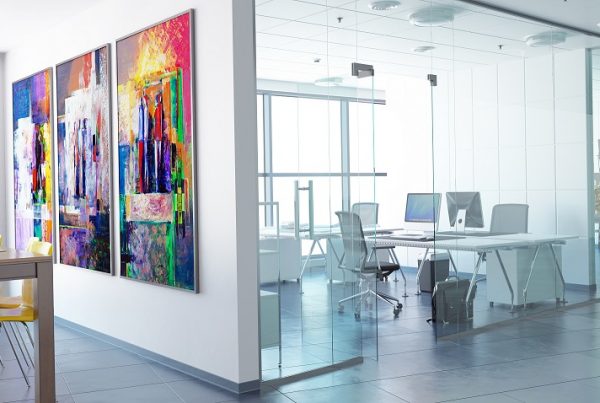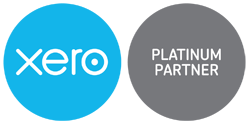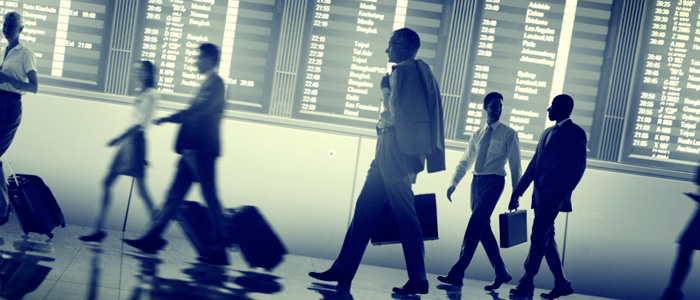
You use HMRC’s approved benchmark rates when you pay your employees for subsistence when they travel for work. The trouble is, if you follow HMRC’s latest advice you may be costing yourself VAT. What’s the full story?
Simple subsistence
You’re probably aware that from 6 April 2019 the law changed to simplify employers’ admin for job-related subsistence costs incurred by your workers. The new rules confirm that you can pay your employees an income tax and NI-free flat rate amount that they can use to buy food and drink when travelling on business, and from April you won’t have to check their receipts. We think this relaxation of the rules is a good idea, but there’s a problem…
VAT and subsistence
Other HMRC rules allow you to reclaim VAT on employees’ travel expenses for business trips, including meals and accommodation. Even better, it’s happy to extend this to treat other people who work for your business as if they were employees. This applies to:
- any person directly employed by you, i.e. not through an agency
- directors, partners, and any other managers
- helpers at business events; and
- self-employed people who work for you, e.g. subcontractors, subject to conditions.
Conditions. To count as employees for VAT recovery purposes the final category of people must work for you on similar, but not necessarily the exact same, terms as an employee.
What’s the problem?
While both the income tax/NI and VAT rules are intended to help employers, they work against each other because the latter is subject to another condition.
Trap – HMRC’s guidance says “You cannot reclaim VAT if you pay your employees a flat rate for expenses.” Depending on how much you pay out on subsistence expenses, this condition could be expensive.
Note – The rule applies to any flat rate allowance (apart from motor expenses for which there are special rules) not just those for subsistence, e.g. a payment for incidental overnight expenses (IOEs).
Example – In 2019/20 Acom Ltd pays its employees subsistence flat rate allowances of £23,000. It follows HMRC’s latest guidance and so doesn’t keep copies of receipts for food and drink bought by its employees. If the employees spend only £20,000 on food and drink, of which £18,000 includes VAT, Acom will not be allowed to reclaim the £3,000 VAT (£18,000 x 1/6).
A nice idea but…
We appreciate HMRC’s attempt to help employers who already have more than enough red tape to contend with, but in relaxing the rules on what records must be kept for direct tax purposes, it’s potentially doing businesses a disservice.
Tip – You can preserve your right to reclaim VAT on employees’ subsistence even if you pay a flat rate allowance. To do this, continue to ask your employees for receipts for food and drink they buy while travelling for work. Assure them that you’re not checking on them but need the receipts solely for the purpose of reclaiming VAT. You can reclaim VAT on the receipted amounts only, not the full allowance that you pay your employees.

